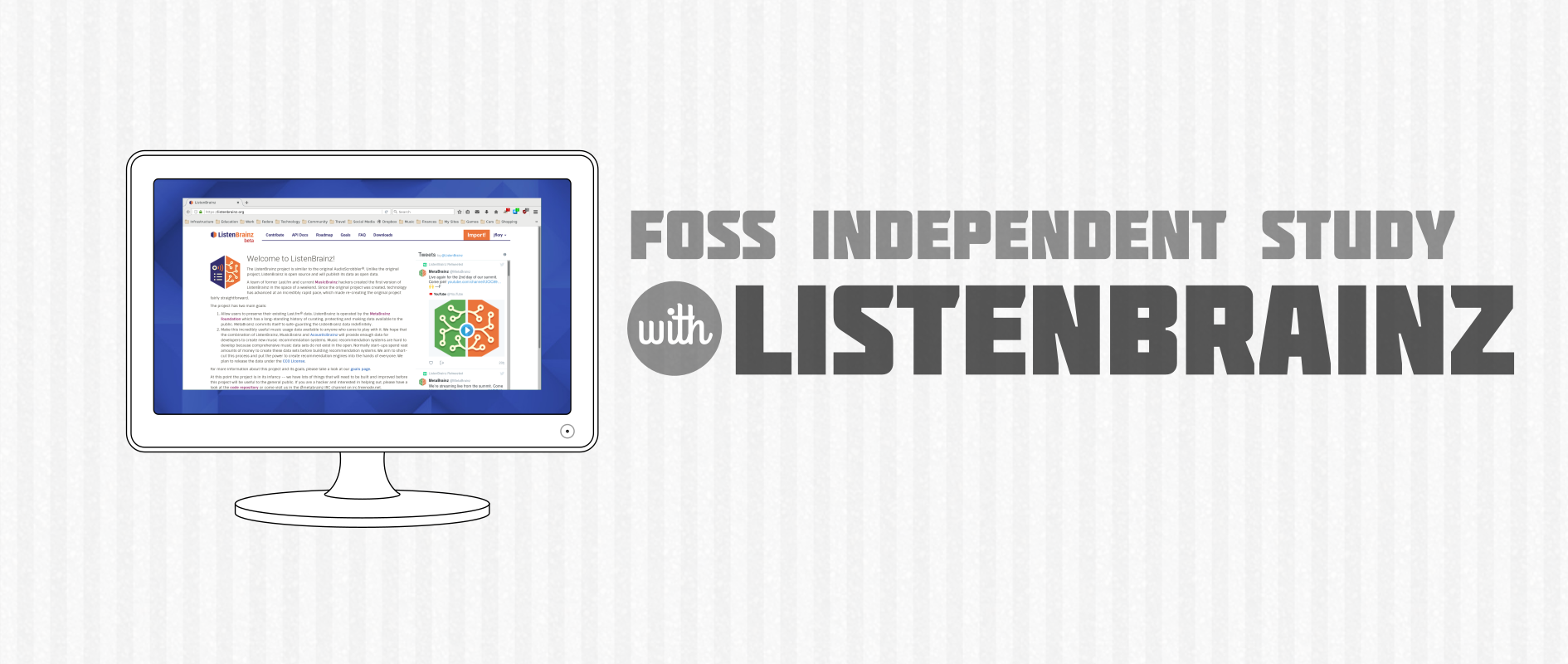This release features four new reports of data that might need fixing. Pages with the MBID of entities that have been merged are now redirected to use the MBID of the merged entity. This release also includes a significant amount of bug fixes and updates genres list and external link handler. Thanks to coders G30rg3, TheFaR8, PROTechThor (all GCI students!) and dominikh for their contributed patches, and thanks to issue reporters bgstewart, cyberskull, jesus2099, hibiscuskazeneko, michelv, paulakreuzer, salo.rock, suriv, and wcw1966 for their input. The git tag is v-2018-12-18.
Bug
- [MBS-8311] – Annotation field in the release editor does not mention licenses
- [MBS-9402] – Empty “Lyrics languages” column in “Merge works” edits
- [MBS-9859] – Amazon cover art source stats don’t count https URLs
- [MBS-9863] – License links are ignored if https
- [MBS-9844] – Cannot cancel removing/revoking application’s access
- [MBS-9872] – “Ended” flag change not shown in edit relationship page
- [MBS-9889] – Release page “Found in N user collections” links to incorrect URL
- [MBS-9892] – Unable to add Australian ASIN
- [MBS-9895] – Regression: Approving link removals is now harder (auto editors)
- [MBS-9896] – Release pages throw an internal server error when CritiqueBrainz is down
- [MBS-9905] – Tipeee language subdomains are not recognised
- [MBS-9906] – Link to profile when preferences have been saved is broken
New Feature
- [MBS-3685] – New Report: Releases with label and artist of the same name
- [MBS-6232] – New Report: Releases with cover art archive images but no front image
- [MBS-8178] – New Report: Events with sequential numbering that are neither part of a series nor part of a larger event
- [MBS-9907] – New report: Places without coordinates
Task
- [MBS-9901] – Normalize Dailymotion URLs to HTTPS
- [MBS-9930] – Disable CAA images on the homepage for Chrome-based browsers
- [MBS-9934] – Update blog and JIRA links to metabrainz.org
Improvement
- [MBS-7192] – Show work types in inline search
- [MBS-9277] – Handle Mixcloud social network URLs
- [MBS-9748] – Handle Ko-fi patronage URLs
- [MBS-9765] – Do not display event dates twice in search results
- [MBS-9827] – Redirect merged entity MBID pages to new MBID
- [MBS-9831] – Handle Bandcamp lyrics URLs
- [MBS-9847] – Show event collections in reverse chronological order by default
- [MBS-9873] – Handle Discogs composition URLs
- [MBS-9883] – Show Wikidata: QID rather than just QID on sidebar
- [MBS-9900] – Add information on requesting instruments/genres to their lists
- [MBS-9944] – Handle niconico video URLs
- [MBS-9947] – Allow linking to podcast episode on Spotify and Deezer


